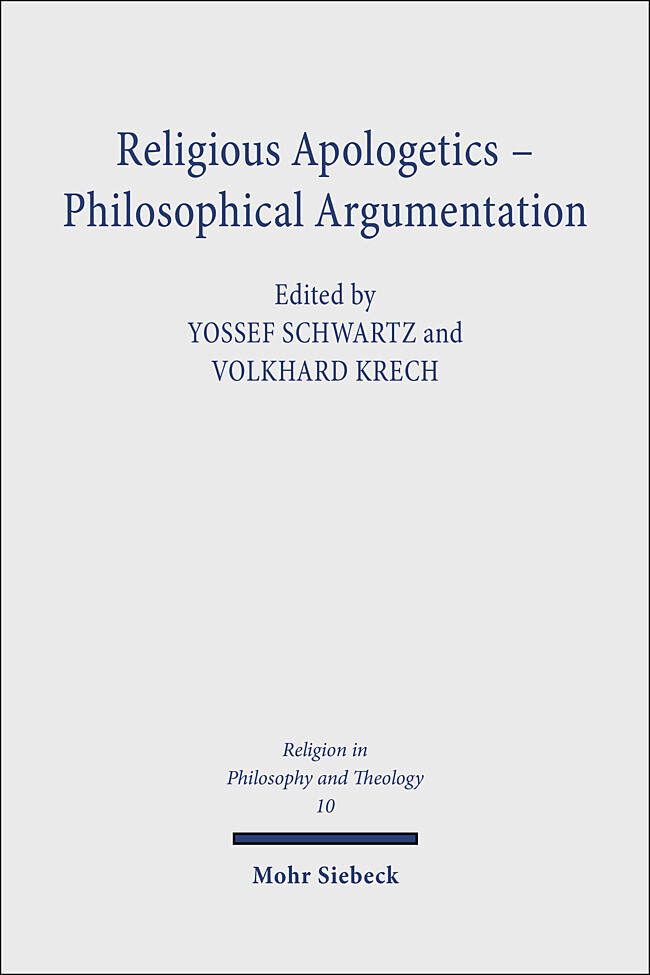Während der Apologetik oft negative Konnotationen anhaften, wird sie in diesem Band ebenso als narrative Selbstbehauptung wie auch als kritische Selbstbetrachtung behandelt, als ein individuelles und kollektives Bedürfnis, mit religiösen und philosophischen Mitteln Rechenschaft über sich selbst abzulegen. Der Band zeigt die fließenden, je neu zu bestimmenden Grenzen und Übergänge zwischen der religiösen Verteidigungsrede und philosophischer Argumentation auf und vereint historische und gegenwartsorientierte Fallstudien aus den Kulturkreisen des Judentums, des Christentums und des Islam.
Whereas apologetics has often been associated with negative connotations, it is dealt with in this volume as a form of narrative self-assertion as well as a form of critical self-reflection and as an individual and a collective need to justify oneself using religious and philosophical methods. The essays focus not only on the religious aspect in self-definition but also on the structure and the assertion of one's identity as a comprehensive self-creating act of "lifting oneself into a state of consciousness". This volumes shows how the boundaries and the transition between religious apologetics and philosophical argumentation are fading and indicates that they will have to be redefined in individual cases. It also combines historical and contemporary case studies from Judaism, Christianity and Islam. Während der Apologetik oft negative Konnotationen anhaften, wird sie in diesem Band ebenso als narrative Selbstbehauptung wie auch als kritische Selbstbetrachtung behandelt, als ein individuelles und kollektives Bedürfnis, mit religiösen und philosophischen Mitteln Rechenschaft über sich selbst abzulegen. Was in den einzelnen Beiträgen thematisiert wird, ist das religiöse Moment in der Selbstdefinition, aber eben auch die Konstitution und Behauptung der Identität als ein umfassender selbst-schöpferischer Akt des "Ins-Bewußtsein-Hebens". Der Band zeigt die fließenden, je neu zu bestimmenden Grenzen und Übergänge zwischen der religiösen Verteidigungsrede und philosophischer Argumentation auf und vereint historische und gegenwartsorientierte Fallstudien aus den Kulturkreisen des Judentums, des Christentums und des Islam.





































